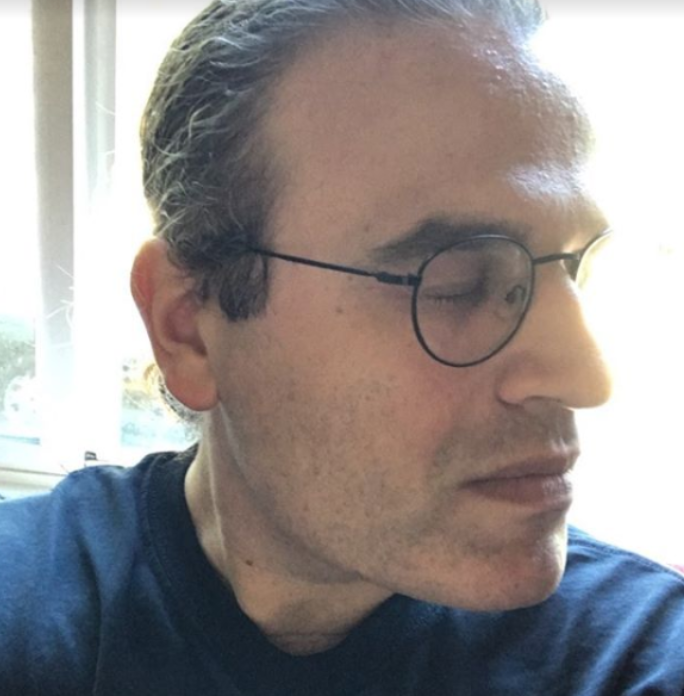By Jason Pitzl
A REVIEW OF A MILLION AND ONE GODS BY PAGE DUBOIS
“If the pagan polytheisms have always lost, … it is, among other reasons, because of their exceptional capacity for tolerance…” – Marc Augé
The books you read can often illuminate patterns within the culture and society that you may not have noticed, or re-contextualize thoughts you’ve already had. Such is the case with A Million and One Gods: The Persistence of Polytheism (2014, Harvard University Press) by Page duBois, a Distinguished Professor of Classics and Comparative Literature at the University of California, San Diego. For the well-read Pagan or polytheist, much of what duBois says regarding the worship of multiple gods and powers won’t be all that new, but the cumulative goal to advocate for a course-correction within academia regarding the concept of polytheism underlines just how pervasive monotheism is within Western culture’s assumptions and thinking, even from the scholars who are supposed to be dispassionate observers and analysts.

DuBois writes with the zeal of someone working to right a wrong, noting that “the attempt to deny its [polytheism’s] presence produces intolerant assumptions,” and that when “we naturalize monotheism, or see it as the telos, goal, or end of religious development, perhaps a stage on the way to atheism, we accept the homologies that have governed Western modernity.” Monotheism as norm has been so rigidly enforced, notes duBois, that we have a hard time seeing the truth about ancient polytheisms, let alone the fact that “polytheism is always present.”
“Our residence in a predominantly and dominant monotheistic cultural setting,” she writes, “one that has been defensively, even militantly attempting to patrol and police monotheism for millennia, has had its effects on obscuring the nature of ancient societies.”
Seeing an academic stand up and advocate for a re-thinking of polytheism, even if it might be limited to academia, is welcome. As I’ve been reading this work, I couldn’t help but notice how many adherents of the dominant monotheisms constantly engage in the work of boundary maintenance, ever-vigilant in their quest to see polytheism remain outside the bounds of “normal” and “rational” discussions of religion and faith. Or, if polytheism must exist, it must be content to do so from the margins of society, or in distant lands far away from the concerns of Western modernity.
The invisibility of polytheism in the West is a manufactured invisibility, it didn’t just happen. Western society after the rise of Christianity was built on making sure no competing theologies interfered in the narrative. Dissidents were commodified and defanged, or villainized and mocked. This status quo is maintained in a myriad of ways, such as a mainstream religion news organization increasingly hiring journalists who came up through denominational or evangelical Christian media outlets. Think that doesn’t matter?
In its coverage of the current crisis in Iraq, Religion News Service has published one story on the plight of the Yazidis, who practice an ancient pre-Christian religion, and seven on the plight of the Christian minority. Perhaps this imbalance could be waved away as them simply catering to the Christian majority in the United States, but they then also run an editorial lambasting politicians for “ignoring” Iraqi Christians. “The Yazidis deserve protection and humanitarian aid, but so do the Christians who number in the hundreds of thousands in Iraq. While the Yazidis received air drops of food and water, nothing has been dropped to the Christians who are homeless and in dire need of food and water. Each day that passes is a matter of life and death.”
One could point out that the Yazidis can’t turn to a hugely powerful network of Christian faiths that number in the billions, control huge assets, and walk in the halls of power across the world to advocate for them, thus making the comparison obscene, but let’s simply recognize this for what it is: A reminder that one must not take the focus off the dominant monotheisms for too long. Despite this enforced invisibility, polytheism endures. All we need to do is open our eyes and it is everywhere.
“Polytheism is not primitive, an early stage of human development, to be transcended as people progress toward a more sophisticated understanding of divinity, nor do religions necessarily oscillate between polytheism and monotheism,” writes Professor duBois. “Rather, I contend that polytheism is always present, officially or unofficially, and that the attempt to deny its presence produces intolerant assumptions among monotheists and even atheists, who claim a moral superiority to polytheists.”
I think that no empire lasts forever. They crumble, or consume themselves, or over-estimate their powers and fail, and such, I think, will be the ultimate fate of the dominant monotheisms. The controls that once worked lose their effectiveness over time, and thus freed, the inevitability of polytheism(s) will reassert itself. I won’t pretend to know what that world will look like, and perhaps the time of transition will be a bleak time, as it often is when oppressive powers finally fall. But I can only think we will better off with an existence that acknowledges our need for interweaving and interconnected relationships as a model. I think a renewed global polytheism will provide that, but for now we need only to push back against the invisibility while we await the inevitability.
A longer version of this article is available here.

